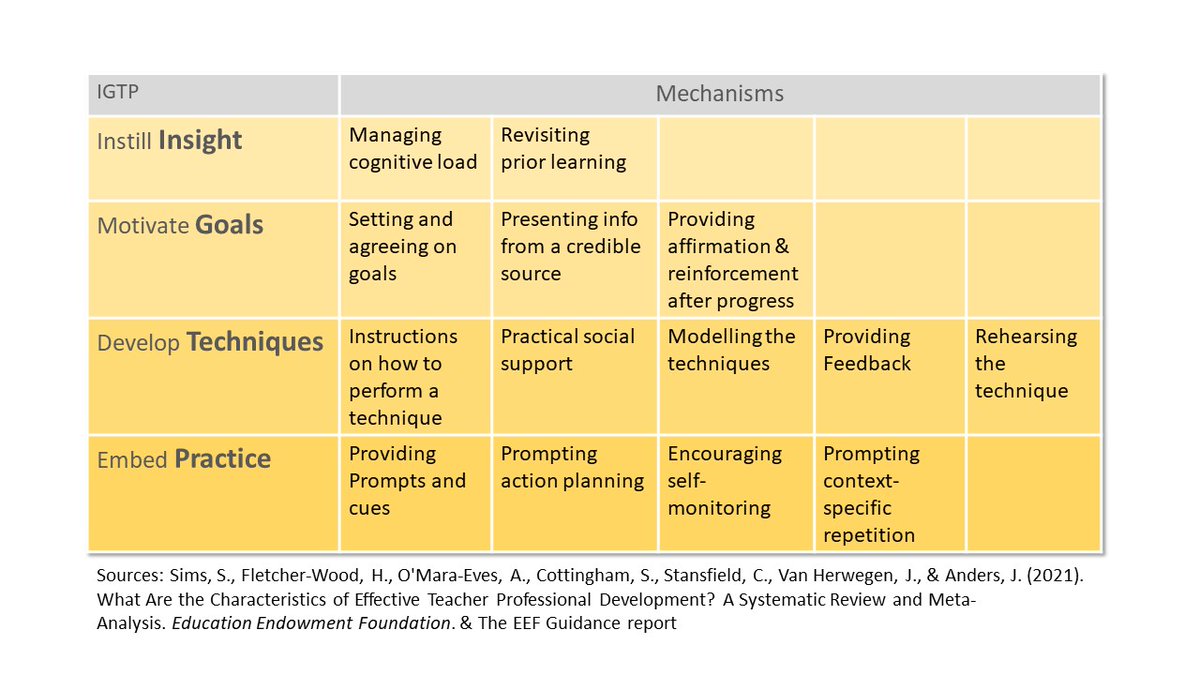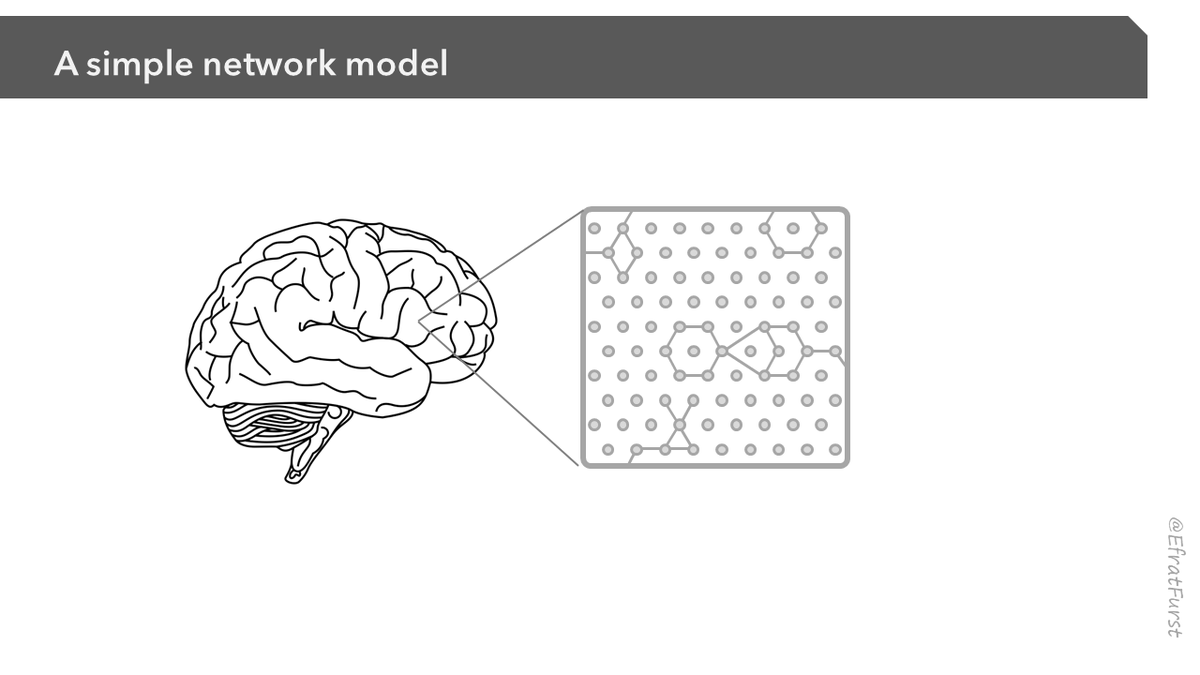Learning how to learn & teach
It’s been a ~decade of accelerating bidirectional communication between cognitive science and classroom teaching. And it seems that the field is ready for a leap forward. Some thoughts on the basis of recent selected key publications🧵⬇️
It’s been a ~decade of accelerating bidirectional communication between cognitive science and classroom teaching. And it seems that the field is ready for a leap forward. Some thoughts on the basis of recent selected key publications🧵⬇️
2 This great literature review by @ShanaKCarpenter, @StevenCPan & Andrew Butler (2022) highlights the evidence regarding the most effective practice strategies #RetrievalPractice and #SpacedPractice. In addition… ➡️
https://twitter.com/StevenCPan/status/1554825685557841922?s=20&t=Fa9Sy6jjKcXPjAU9IHdYqQ
3 They review metacognitive barriers to implementation (e.g. misconceptions, greater effort) and suggest that to develop self-regulated learners we should plan means to promote conceptual change and drive behavior on the basis of a 4-component framework.➡️
4 The Know-Belief-Commitment-Planning framework by McDaniel and Einstein (2020) is designed on the basis of existing evidence to aid the application challenges and to promote students' self-regulated learning. The 4 components: ➡️
bit.ly/3Szb5Y6
bit.ly/3Szb5Y6
5 Knowledge, Believe, Commitment, Planning (KBCP) illustrate how the development of self-regulating learning takes more than knowledge and/or motivation. They describe the evidence supporting each part, give an example, and suggest the framework as a basis for future research➡️ 

6 The KBCP model calls for a comparison with the IGTP model for effective teacher professional development, formulated by @DrSamSims @HFletcherWood and colleagues via @EducEndowFoundn (2021) as a basis for a systematic review and meta-analysis ➡️
bit.ly/3E7J3hJ
bit.ly/3E7J3hJ
7 The IGTP model identifies 14 mechanisms from research on how people learn and change their practice and organizes them under 4 major categories: 

8 They suggest that a balanced CPD program should include at least one mechanism from each category. This makes a lot of sense: highlighting major milestones of behavior change but also leaving room for adjustment and adaptations to audiences, contexts, and goals.
9 Thinking about the two frameworks and comparing them raises many intriguing questions. As I see it, such questions represent the next stage in the CogSci-Edu field. Note some key common features between the two models: ➡️
10
-Focus on behavior change
-Identify barriers to effective strategy use
-Identify key steps that span: declarative learning, metacognition, motivation, practice & habit formation
- Based on evidence and call for further research
And what are the differences?
-Focus on behavior change
-Identify barriers to effective strategy use
-Identify key steps that span: declarative learning, metacognition, motivation, practice & habit formation
- Based on evidence and call for further research
And what are the differences?

As a last note, this is my recent attempt to depict the interplay between the basic learning process, the related research fields, and some goals. It may explain my excitement and maybe help in painting the gradually clarifying "big picture". 

This is an amazing thread unpacking the model and much more... I wish I could edit and link:
https://twitter.com/PepsMccrea/status/1576633149064450052?t=xvLkL_pMBvKQP-CW2Mwvag&s=19
• • •
Missing some Tweet in this thread? You can try to
force a refresh














